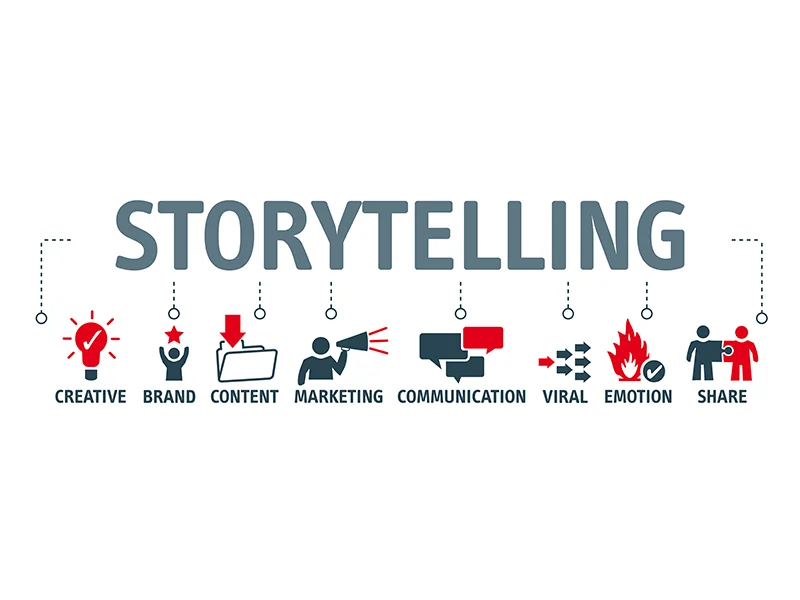The Power of Storytelling in Sales

The Power of Storytelling in Sales
Storytelling is a powerful tool in the world of sales, often underestimated in its impact. While data and statistics are important, they don’t always resonate with potential customers on an emotional level. Stories, on the other hand, have the ability to captivate, engage, and persuade like no other form of communication. In sales, storytelling isn’t just about relaying information; it’s about creating a connection, building trust, and ultimately closing deals.
Establishing Rapport and Building Trust
One of the key benefits of storytelling in sales is its ability to establish rapport and build trust with potential customers. When a salesperson shares a story, it humanizes the interaction, making it more relatable and personal. By sharing experiences, challenges, and successes, sales professionals can show empathy and understanding, which can go a long way in building a connection with the customer. When customers feel understood and valued, they are more likely to trust the salesperson and the product or service they are selling.
Creating Emotional Engagement
Emotions play a significant role in decision-making, and storytelling has the power to evoke strong emotions in listeners. By crafting compelling narratives that resonate with the hopes, fears, and aspirations of potential customers, salespeople can create emotional engagement and capture their attention. When customers are emotionally invested in a story, they are more likely to remember the message and take action. Whether it’s through humor, drama, or inspiration, storytelling allows sales professionals to connect with customers on a deeper level, making the sales pitch more memorable and persuasive.
Highlighting Value and Differentiation
Storytelling also provides an effective way to highlight the value proposition of a product or service and differentiate it from competitors. Instead of bombarding customers with technical specifications or features, salespeople can use stories to illustrate how their offering solves real-world problems and fulfills the needs of the customer. By sharing success stories, case studies, or testimonials, sales professionals can demonstrate the tangible benefits and outcomes that customers can expect. This not only helps to make the product or service more tangible and relevant but also positions it as the best solution among alternatives.
Overcoming Objections and Closing Deals
Furthermore, storytelling can be a powerful tool for overcoming objections and closing deals. When faced with skepticism or resistance, salespeople can use stories to address concerns, alleviate doubts, and provide reassurance. By sharing examples of how other customers have successfully overcome similar challenges or achieved desirable outcomes, sales professionals can instill confidence in the buyer’s mind and facilitate the decision-making process. Additionally, by crafting compelling narratives that paint a picture of the future with their product or service, salespeople can inspire customers to take action and make a purchase.
In conclusion, storytelling is not just a creative embellishment in sales; it is a strategic tool that can make all the difference in the success of a sales pitch. By leveraging the power of storytelling to establish rapport, create emotional engagement, highlight value, and overcome objections, sales professionals can connect with customers on a deeper level, build trust, and ultimately drive sales.




